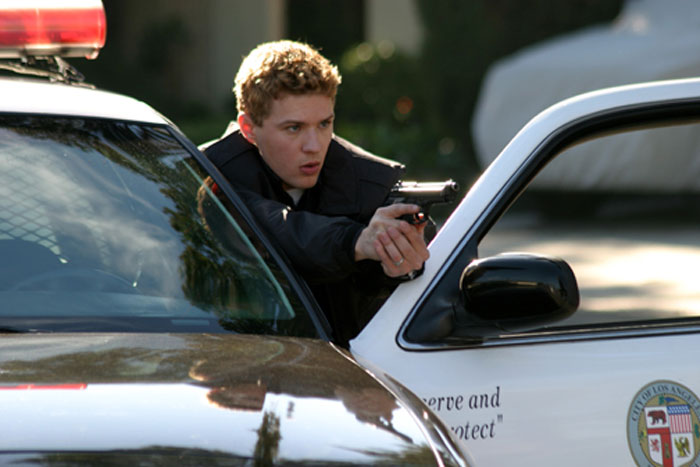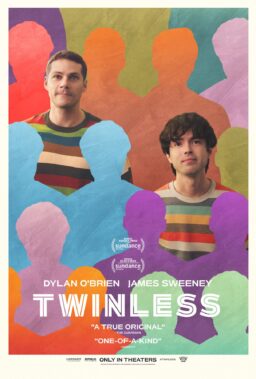Hopefully the ‘debate’ about the quality of Paul Haggis’ “Crash” won’t rage on. For what it’s worth, I thought it was an exceptional film even if, at times, the characters were ‘archetypal.’ Haggis made obvious attempts to give depth to each character beyond their racism. The characters played by Sandra Bullock and Matt Dillon both exhibit rather vehement racism but each for different reasons. In fact, we are given reasons (or at least excuses) for each character’s feelings.
In particular, I felt compelled to comment on the first letter you printed on your website. Jake Wolff wrote: “The movie has no subtlety, no shades of gray. The characters move from people who disgust us to people who we pity from scene to scene. They are not at all real; they are defined completely by their racism and their victimhood. Sure, it makes us say, “It’s bad to treat people that way!” But as we say it, we are not acknowledging the less obvious and much more complicated ways in which we are prejudiced ourselves.”
And I wonder if he watched the entire movie except for the parts involving Ryan Phillipe’s character. Here is a character who is nothing but grey — who shows both Matt Dillon and Terrence Howard that he is.”Enlightened,” that he is conscious of racism and how it can manifest itself in the worst possible ways. And yet, when push comes to shove, he finds that he is no better. You empathize with Phillipe (who, I would argue, did the best work he’s ever done in “Crash”) right until the moment he pulls the trigger of his gun.
The point of “Crash,” reduced to its simplest form may be that “We are all racists” but to sum the movie up in the way is to not do justice to Haggis’ craft or the point it’s making. It’s just as bad as saying that “Munich”’s point is “Murder is bad. So what?” — or that “Citizen Kane” is telling us that “Power corrupts. Whoopee do.”
Art asks us to filter itself through the prism of ourselves and so, inevitably, we all read different things into each piece. I can see how someone might see “Crash” as obvious or cliched but I think its execution and its ability to make a large number of people stop and think about how they stereotype others – as we all do every day – put it on a higher level. Its goal is not to eliminate racism but to make people think about it and, in my opinion, it does so admirably.
David Fleischer
Toronto, ON












